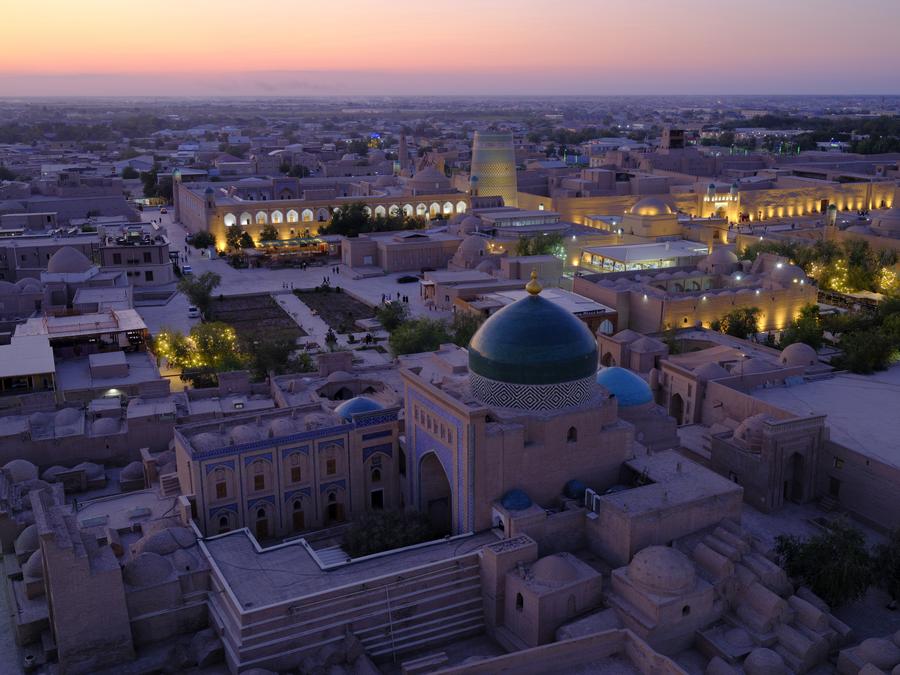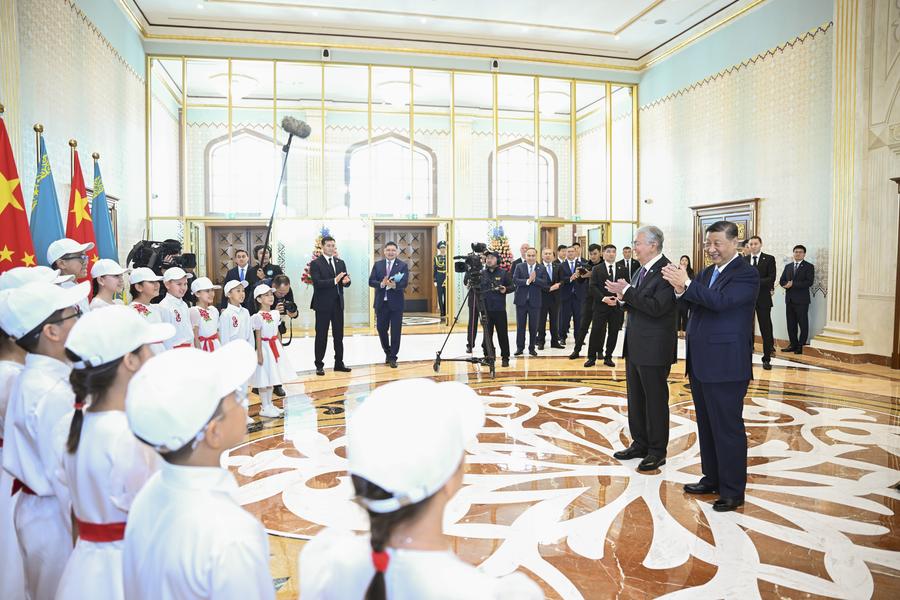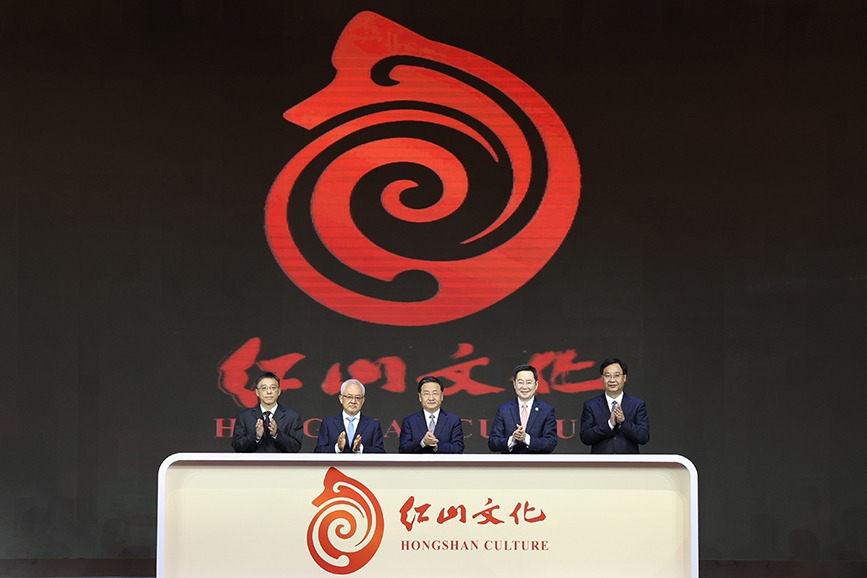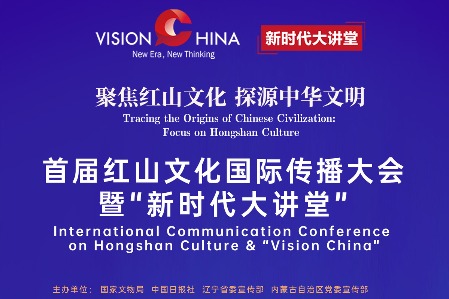Xi and Central Asia: Tying the past to the future


BEIJING -- In the autumn of 2022, while visiting the storied Silk Road city of Samarkand, President Xi Jinping presented Uzbek President Shavkat Mirziyoyev with a special gift: a miniature of Khiva, a historic Silk Road outpost.
Khiva is China's first cultural heritage preservation project in Central Asia. Thanks to years of restoration led by Chinese experts, the ancient town has taken on a new look.
"The preservation and restoration of historical sites in Khiva, a project launched during my visit to Samarkand in 2013, has been successfully concluded, further augmenting the charm of this ancient city," Xi wrote in a signed article ahead of his 2022 visit to Uzbekistan.
During an earlier trip to the country in 2016, Xi met with the Chinese experts working on the project. "Be sure to protect the cultural relics well," he urged them.
Over the years, joint archaeological efforts between Chinese and Central Asian scholars have expanded across the region, including the ancient city of Rahat in Kazakhstan and an ancient Buddhist temple of Krasnaya Rechka in Kyrgyzstan.
Xi has repeatedly stressed that the China-Central Asia friendship is one steeped in history. On multiple occasions, he invoked the legacy of Zhang Qian, the Han Dynasty envoy who traveled westward more than 2,100 years ago and opened the door to enduring friendship and exchanges between China and the region. He has also emphasized the need to "carry forward our traditional friendship."

During his state visit to Kazakhstan in 2024, Xi, together with Kazakh President Kassym-Jomart Tokayev, unveiled the Kazakhstan branch of Beijing Language and Culture University, the very institution where Tokayev studied Chinese in the 1980s. Xi expressed his hope that the new school would enhance mutual understanding between the two peoples, especially the young generation.
As part of the visit, Xi met a group of schoolchildren who greeted him in Mandarin and sang a Chinese song. Some among them expressed their dream of one day studying at Tsinghua University, Xi's alma mater.
"I also wish, with all my heart, that you will be able to attend good universities in the future. And you are very welcome to pursue your studies in China," the Chinese president smiled.
Commenting on the broader impact of such exchanges, Uzbek political observer Sharofiddin Tulaganov noted that under the China-Central Asia cooperation mechanism, mutual learning among civilizations will be significantly enhanced.
In today's complex international environment, he added, institutionalized people-to-people exchanges like these will inject valuable cultural momentum into efforts at safeguarding regional peace and promoting shared development.























